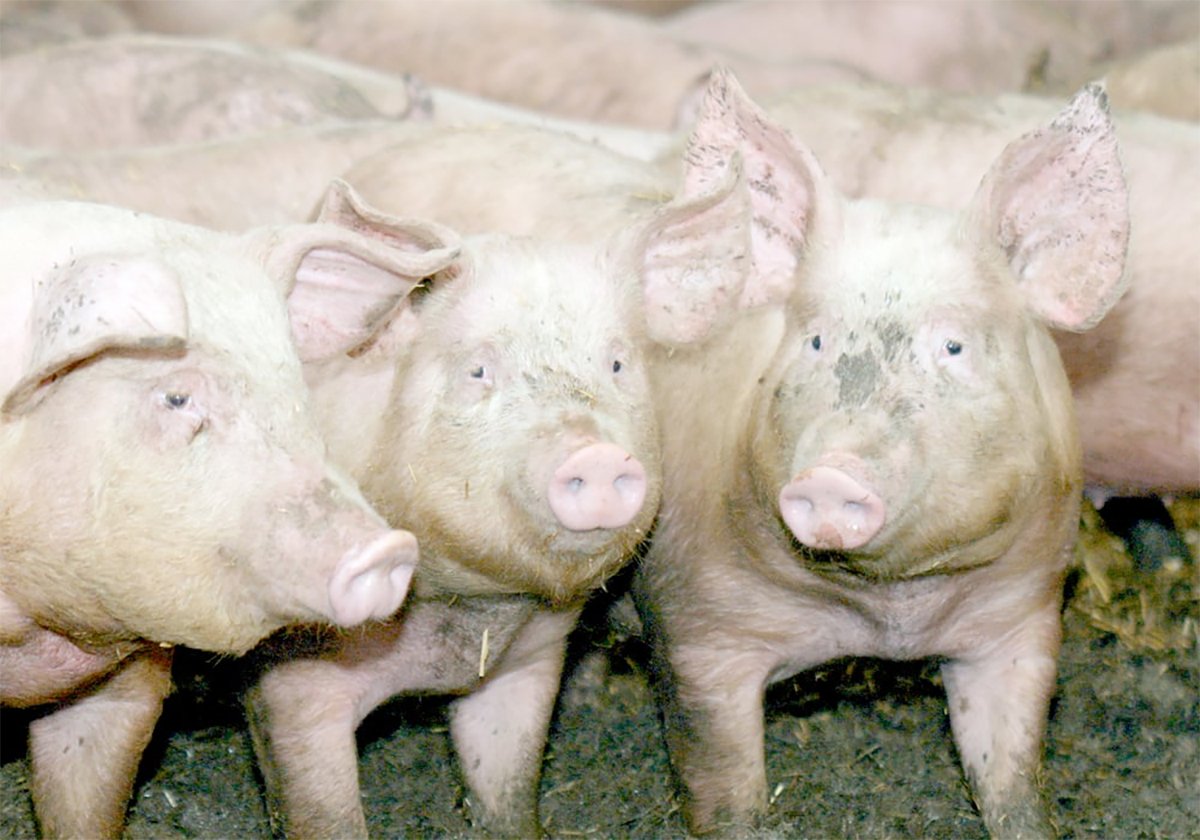SWIFT CURRENT, Sask. – An analysis of the Canadian beef industry that recommends significant changes met with a mostly sympathetic audience at a meeting in Swift Current last week.
National Farmers Union research director Darrin Qualman outlined his recommendations and urged local action to make the changes that he said will put more money in producers’ pockets.
The report was completed last fall, and the NFU has been holding meetings across Canada to discuss its findings.
Qualman said the decision in 1989 to increase exports and make them the focus of the Canadian industry has had widespread consequences.
Read Also

The Western Producer Livestock Report – October 2, 2025
Western Producer Livestock Report for October 2, 2025. See U.S. & Canadian hog prices, Canadian bison & lamb market data and sale insight.
“We decided to push up exports and about the same time the prices collapsed,” he said.
“There’s been a very low benefit from that export push, and there’s been a lot of costs.”
The packing industry has shrunk to just two players in Western Canada. Small groups or communities that want to start plants and offer competition are up against a powerful problem, Qualman said.
“The packers are big and they’ve got the retail side really tied up,” he said in an interview.
“Governments need to do something to make sure that communities and farmers who want to start packing plants can succeed.”
As its first step, the report recommends prohibiting large packers from owning cattle.
Qualman noted that U.S. president Barack Obama supports a ban.
“When meat packers own livestock, they can manipulate prices and discriminate against independent farmers,” said Obama’s election website.
“Obama and (vice-president Joe) Biden will strengthen anti-monopoly laws and strengthen producer protections to ensure independent farmers have fair access to markets, control over their production decisions and transparency in prices.”
Qualman said he believes the new American administration will indeed pass a law banning captive supply and that Canada will have to do the same. Canadian producers are often told they are in an integrated market, and the solutions to low prices should also be integrated, he said.
The Canadian Cattlemen’s Association has taken the position that removing packers’ ability to own cattle is not the answer to low prices.
Paul Beingessner, a producer and agricultural columnist from Truax, Sask., asked why the CCA, which represents all cattle producers who pay its checkoff, would support a practice that hurts its members.
He said packer ownership suppresses price spikes that would benefit farmers.
“Where do they get their policy direction?” he said.
However, one audience member warned that prices could crash every fall if packers couldn’t own cattle. For example, he said packers typically buy cull cows and stock up in late fall to get through the Christmas period.
Qualman said banning captive supply wouldn’t prohibit packers from forward contracting and ensuring deliveries.
However, he said contract terms should be disclosed so that producers know the real prices. Prices at auction marts are disclosed, he noted, but for one-half to two-thirds of the cattle transactions in Canada, “we don’t even know what the price is.”
Qualman said producers should contact their government representatives, talk to neighbours, pass resolutions through organizations and write letters to newspapers to get the word out and mobilize against packers.
He said people who have been attending the NFU meetings immediately recognize, when they see the data, what they have gone through in the last 20 or 30 years.
“Where we sometimes get resistance is among some people with vested interests – large packers, large feeders, some government officials that have a vested interest in the way things are run now and don’t want people asking questions like, ‘where is all the money going? If consumers are paying $2.50 or $3 a pound for hamburger, how come farmers are getting 50 cents a pound for cows?’ “

















